Table of Contents
- Introduction
- Why Softness Matters in Bed Sheets
- Types of Soft Cotton for Sheets
- Cotton vs. Lyocell: Which Is Softer?
- Souverhome Lyocell Fitted Sheet Review
- How to Choose the Softest Sheet for You
- Summary Table
Introduction
If you’re on the hunt for the softest cotton sheets, you know that the wrong fabric can impact the quality of your sleep. Softness in bed sheets isn’t just about comfort — it’s about enhancing sleep quality, regulating temperature, and reducing skin irritation. In this article, we’ll explore the softest types of cotton, compare them with alternative fibers like lyocell, and introduce you to one of the softest sheet options on the market today — the Souverhome Lyocell Fitted Sheet.

Why Softness Matters in Bed Sheets
The feel of your bed sheets can greatly influence your sleeping experience. Soft sheets:
- Minimize skin irritation, especially for sensitive skin.
- Reduce friction, keeping hair and skin smooth.
- Enhance relaxation and comfort, promoting deeper sleep.
- Improve sleep temperature regulation when combined with breathable materials.
Types of Soft Cotton for Sheets
Not all cotton is created equal. Some types are naturally softer due to longer fibers and finer weaves. Here are the most sought-after soft cotton options:
1. Egyptian Cotton
- Long-staple fiber known for its silky texture and durability.
- Often found in high thread count sheets (400–1000).
2. Pima Cotton (Supima)
- Grown in the U.S. with long, strong fibers.
- Feels ultra-soft, breathable, and resists pilling.
3. Upland Cotton
- Most commonly used type, shorter fibers.
- Softer when woven in sateen or percale finishes, but not as smooth as Egyptian or Pima.
4. Organic Cotton
- Free of harmful chemicals, naturally breathable and gentle.
- Softer after multiple washes and better for sensitive skin.
Cotton vs. Lyocell: Which Is Softer?

While traditional cottons like Egyptian or Supima are known for their softness, Lyocell — a modern fiber made from wood pulp (often eucalyptus) — often outperforms even the finest cotton in smoothness and silkiness.
Why Lyocell Feels Softer:
- Ultra-fine fibers create a smooth, buttery-soft surface.
- Minuscule fibrils efficiently wick moisture away, keeping sheets fresh and silky.
- Lyocell is naturally hypoallergenic and breathable.
In our testing, lyocell often surpasses cotton in overall softness, particularly when it comes from high-quality sources — like the premium eucalyptus-based lyocell used in Souverhome’s bedding.
Souverhome Lyocell Fitted Sheet Review
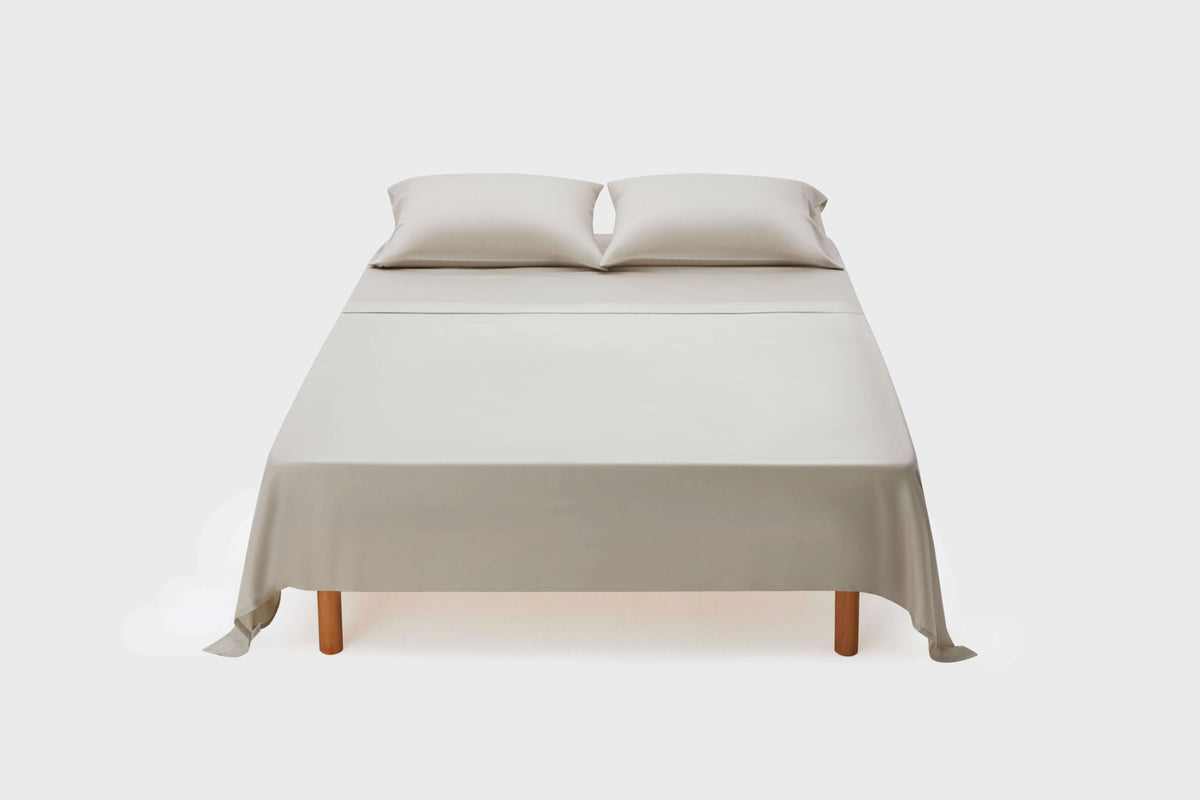
If you're looking for the softest, most luxurious sheet for your bed, the Souverhome Lyocell Fitted Sheet is an excellent choice. Let’s take a closer look at what makes this sheet stand out from the competition.
Key Features
- 100% Pure Lyocell from Eucalyptus: Naturally soft, hypoallergenic, and perfect for sensitive skin.
- Exceptional Wrinkle and Moisture Resistance: Always looks clean and feels fresh — even after multiple washes.
- Eco-Friendly and Certified Carbon Neutral: Produced using renewable energy and certified by Natural Capital Partners’ CarbonNeutral Protocol.
- Pet Hair Resistant: Ideal for homes with furry friends.
- Temperature Regulation: Microscopic fibrils help regulate body temperature all night long.
Size & Color Options
- Sizes Available: Queen, King
- Colors: Snow White, Pastel Blue, Pastel Yellow, Pastel Grey, Granite Grey
Design Benefits
- Secure Fit: Designed with 8 duvet ties to prevent slippage and bunching.
- Long-Lasting Softness: Maintains its smooth texture even after repeated washes.
- Responsible Manufacturing: Ethically sourced, responsibly produced, and environmentally conscious.
Why It Beats Traditional Cotton
- Softer Feel: Lyocell’s finer fiber diameter beats cotton in tactile softness.
- Less Bacteria Build-Up: The moisture-wicking nature prevents microbial growth better than cotton.
- More Sustainable: Requires less water and energy in production.
How to Choose the Softest Sheet for You
When shopping for the softest bed sheets, it’s essential to consider more than just the fiber type. Here are key factors to look at:
1. Fiber Type
- Look for long-staple cotton (like Egyptian or Supima) or lyocell from eucalyptus for top-tier softness.
2. Thread Count
- For cotton: aim for 300–600 for a balance of softness and breathability.
- For lyocell: focus more on fiber purity than count, as it naturally feels smoother.
3. Weave Style
- Sateen: Has a silkier finish, better for those who love smooth sheets.
- Percale: More crisp and breathable — softer with washing.
4. Certifications
- Look for OEKO-TEX or CarbonNeutral certifications to ensure the sheets are safe and environmentally friendly.
5. Skin Sensitivity
- If you have allergies or sensitive skin, choose hypoallergenic options like pure lyocell.
Summary Table
| Material | Softness Level | Best For | Benefits | Example Product |
|---|---|---|---|---|
| Egyptian Cotton | ★★★★★ | Luxury bedding enthusiasts | Silky, durable, breathable | Premium hotel-style sheets |
| Supima Cotton | ★★★★☆ | Daily use | Soft, strong, breathable | Supima sheet sets |
| Organic Cotton | ★★★☆☆ | Eco-conscious users | Chemical-free, softens over time | Organic percale sets |
| Lyocell (Eucalyptus) | ★★★★★ | Sensitive skin, hot sleepers | Silky soft, moisture-wicking, eco-friendly | Souverhome Lyocell Fitted Sheet |
| Upland Cotton | ★★☆☆☆ | Budget-friendly options | Basic comfort, accessible | Mass-market cotton sheets |

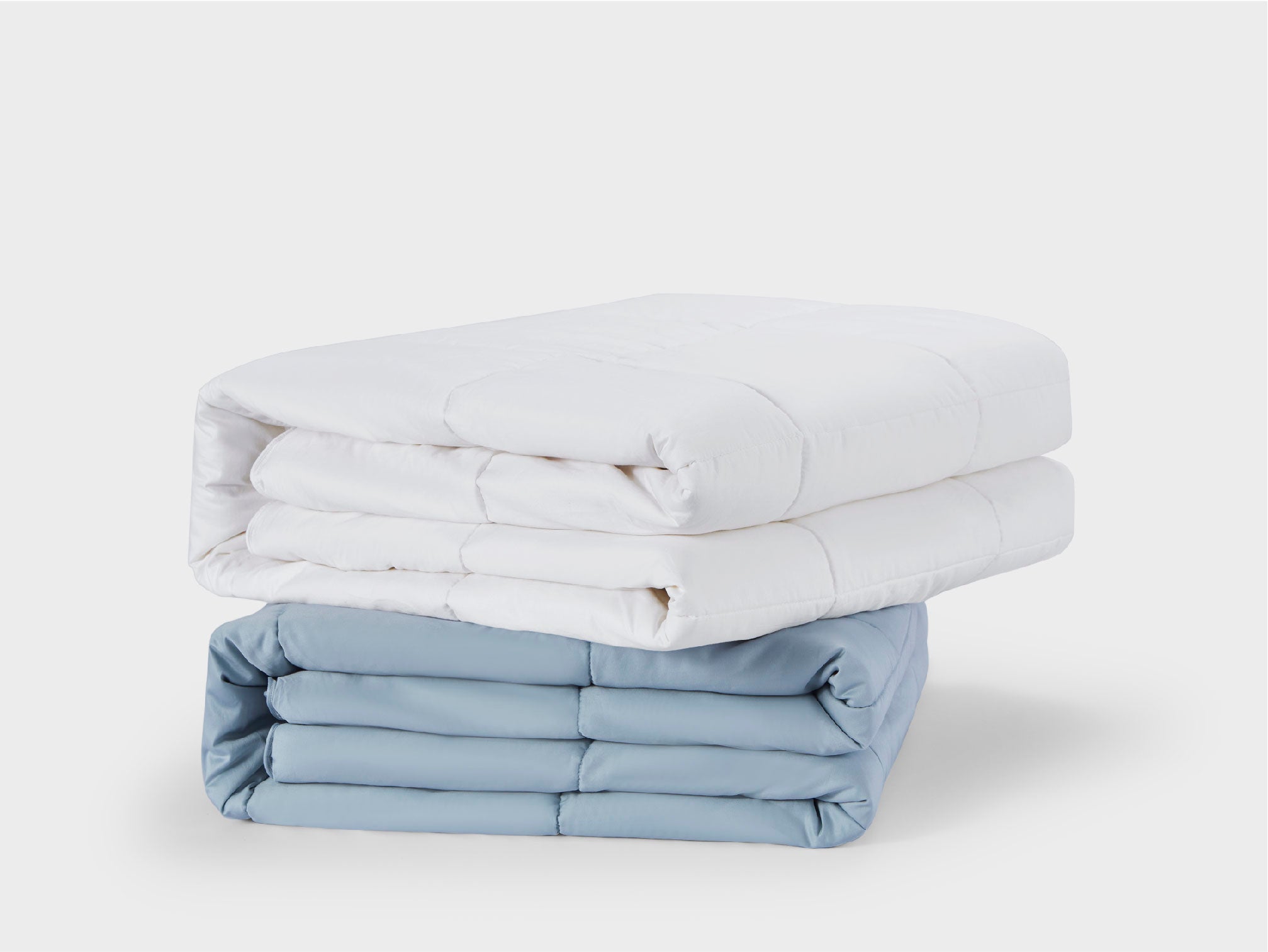
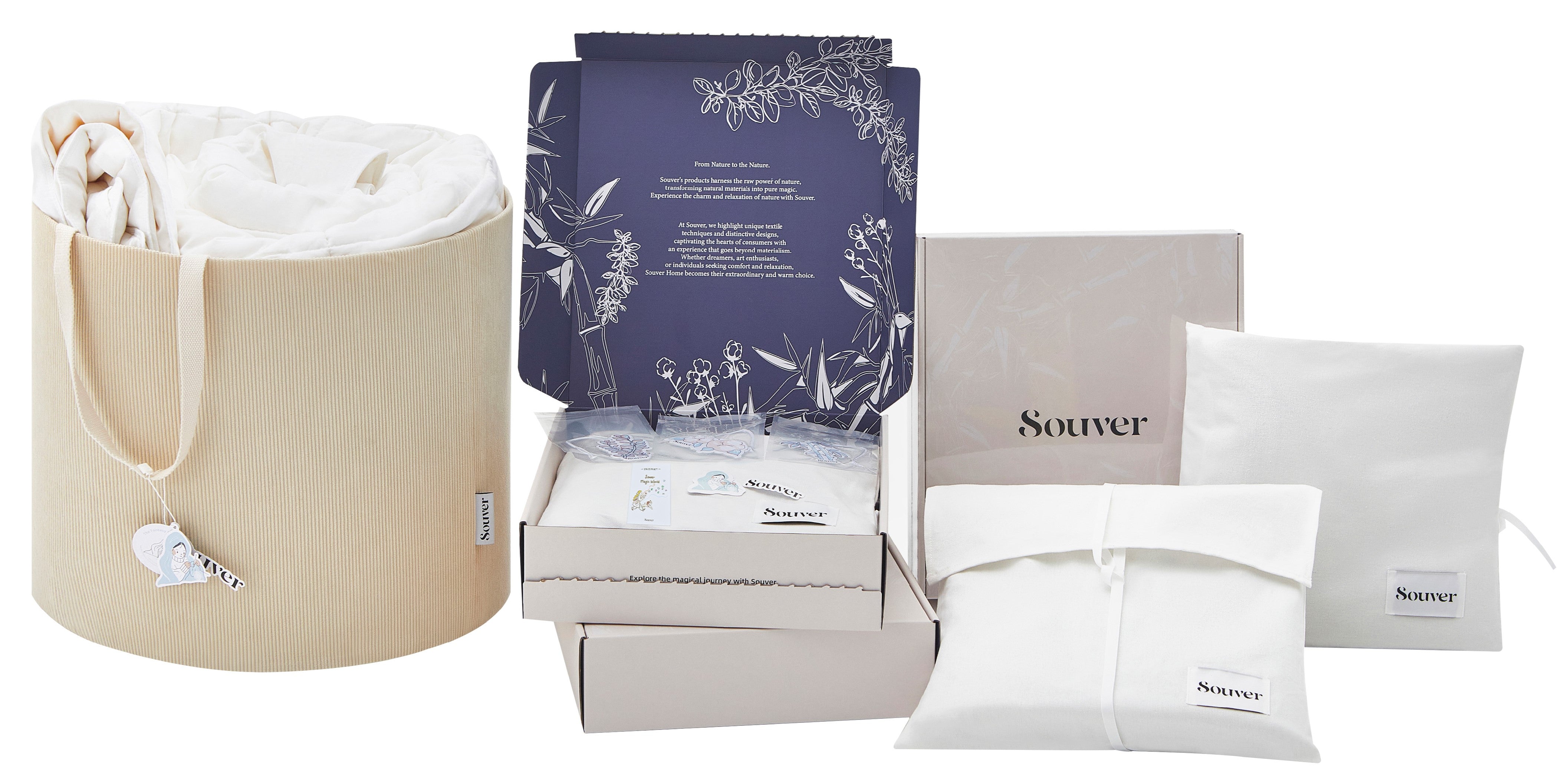


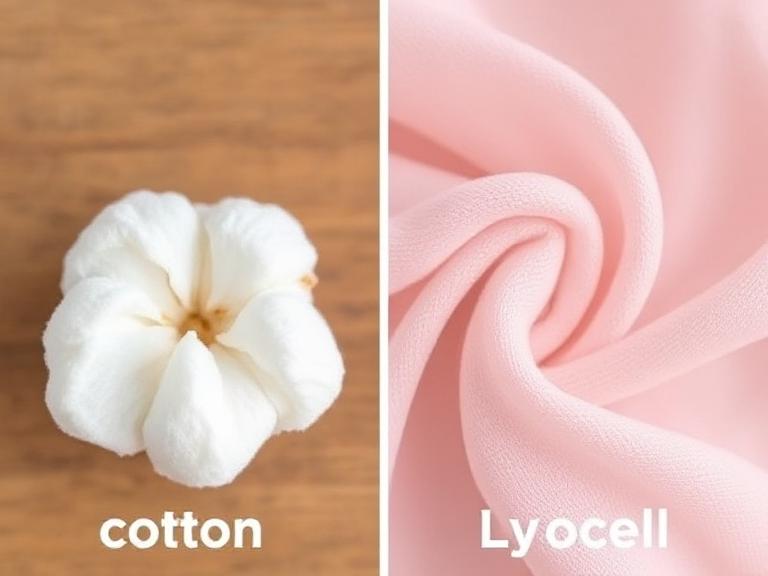
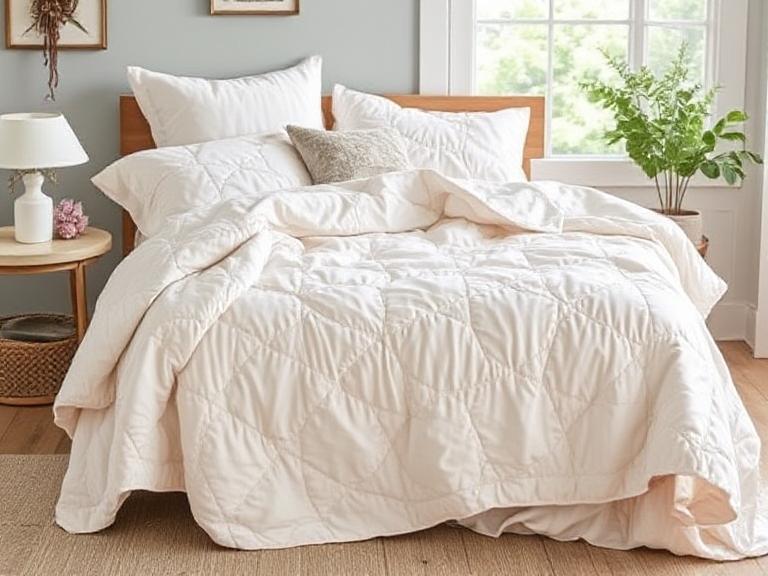
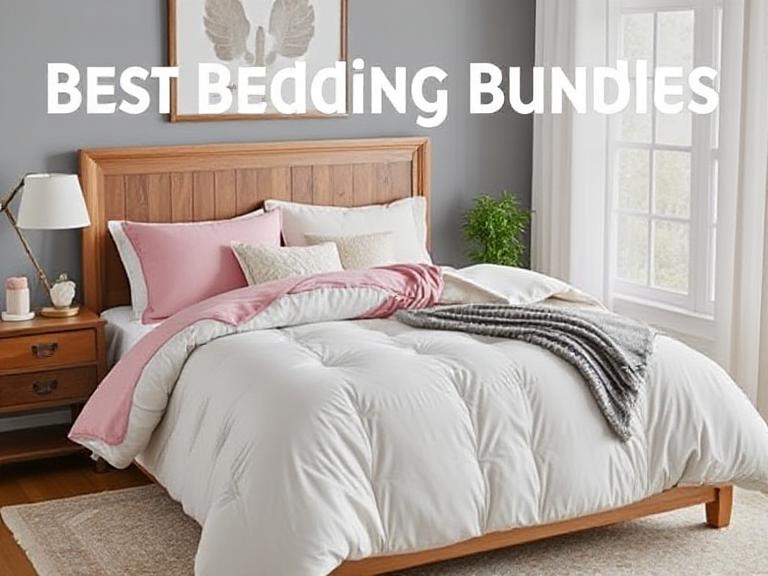
Leave a comment
This site is protected by hCaptcha and the hCaptcha Privacy Policy and Terms of Service apply.